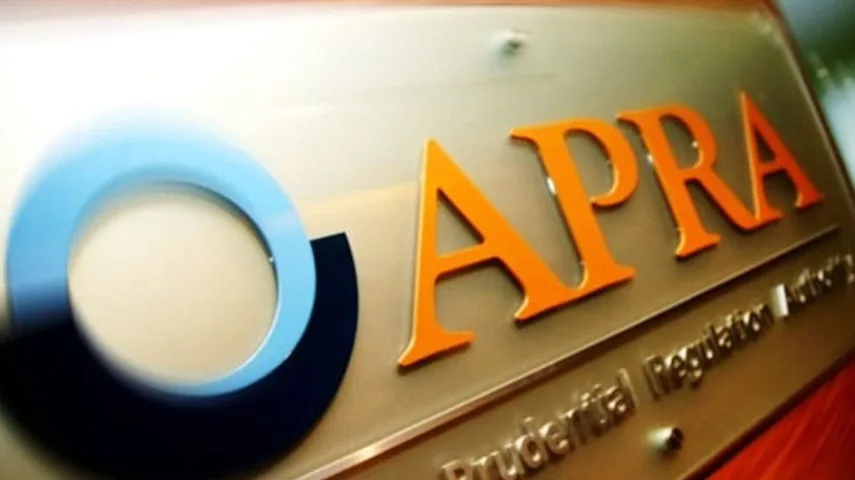APRA warns of complacency as retirement wave approaches



APRA deputy chair Margaret Cole has called on superannuation trustees to accelerate efforts to support members moving into retirement and to strengthen protections against growing cyber and operational risks.
Speaking at the FSC Innovation in Retirement conference, Cole outlined the Australian Prudential and Regulation Authority’s (APRA) key priorities as the superannuation system shifts from accumulation to retirement, describing the sector as being “in a state of change driven by three powerful forces” — demographic shifts, rising assets, and increasing interconnectedness with the broader financial system.
She noted that around 2.5 million Australians are expected to move into retirement this decade, creating a “true test of the system”.
With total superannuation assets now exceeding $4.3 trillion, including $3 trillion in APRA-regulated funds, Australia’s system has become the fourth largest globally and is projected to reach the second largest by 2040.
“The expanding asset pool adds complexity for trustees in how they manage, invest, spend and safeguard their members’ monies,” Cole said.
She added that APRA’s inaugural system stress test, examining potential financial stability risks from the growing ties between banking and superannuation, will be published later this year.
Cole emphasised that the introduction of the Retirement Income Covenant three years ago marked a turning point for the industry, requiring trustees to “develop and implement retirement income strategies”.
However, she warned that “a lack of urgency” remains a concern, with APRA and ASIC’s joint reviews finding slow progress in tracking and measuring the success of retirement income strategies.
“Our data shows that one in five funds have more than half of their members in or approaching retirement. However, over the next 20 years, this is expected to rise to around two in five funds,” she said.
While some funds are providing quality support and clear information to members, many retirees could still benefit from better guidance.
The deputy chair pointed out that $99 billion in MySuper assets remain in the accounts of members aged 65 or older who could be better off in tax-free retirement products.
APRA has also sought to promote innovation in retirement income products. Cole confirmed that APRA has recently consulted on reducing capital requirements for life insurers offering annuities to “help attract participants and support growth in the market”.
A second consultation will commence shortly, with final changes expected in the first half of next year.
Turning to cyber risk, Cole highlighted recent credential-stuffing attacks on several funds as a warning that the super system is “in the sights of threat actors”.
She said APRA expects all regulated entities to have robust information controls, including multi-factor authentication.
“The urgency for planning and action on cyber protections was further emphasised this week by the Australian Signals Directorate,” she said, noting its warning that advances in quantum computing could undermine password encryption within five years.
Cole also reaffirmed the importance of operational risk management, particularly under APRA’s CPS 230 standard, and flagged rising exposure to liquidity and currency risks as funds pursue more overseas and unlisted investments.
She said APRA will expand its transparency initiatives, integrating retirement product performance data into its Comprehensive Product Performance Package from 2025–26, and working with Treasury to design a new retirement outcomes reporting framework due to begin in 2027.
Cole also referenced APRA’s new strategic objective, “Getting the Balance Right”, aimed at easing regulatory burden while maintaining safety and stability.
Measures include “introducing further proportionality, removing unnecessary or duplicative rules, and strengthening data sharing with other agencies”.
She concluded by observing that Australia’s superannuation system is being closely watched globally as other countries — including the UK — transition toward defined contribution models.
“The strong interest in our system was evident in my recent meetings with UK pension authorities and regulators,” she said.
Cole, who will leave APRA at the end of her term in June 2026, described it as a privilege to have overseen the industry “at such a critical stage of its history”.
Recommended for you
Delayed climate action could wipe hundreds of billions from superannuation balances by 2050, according to new analysis from Ortec Finance.
Super trustees need to be prepared for the potential that the AI rise could cause billions of assets to shift in superannuation, according to an academic from the University of Technology Sydney.
AMP’s superannuation business has returned to outflows in the third quarter of 2025 after reporting its first positive cash flow since 2017 last quarter.
The major changes to the proposed $3 million super tax legislation have been welcomed across the superannuation industry.









